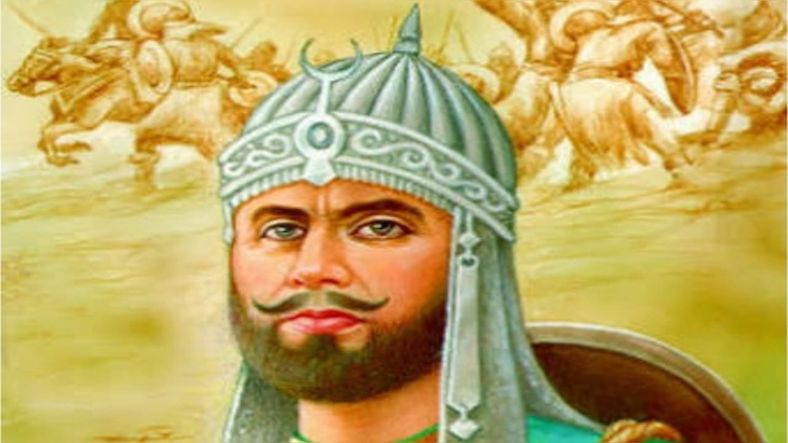Sher Shah Suri (1486-1545), born Farid Khan, was a prominent Afghan ruler who established the Suri Empire in northern India during the 16th century. He is known for his administrative and military reforms, which had a lasting impact on the Indian subcontinent.
Here are some key aspects of Sher Shah Suri's life and contributions:
- Rise to Power: Sher Shah Suri initially served as a soldier under the Mughal Empire. He later joined the service of the Afghan chief of Bihar, where he quickly rose through the ranks due to his military acumen.
- Defeat of Humayun: Sher Shah Suri's most significant achievement was his defeat of the Mughal Emperor Humayun in the Battle of Chausa in 1539 and the Battle of Bilgram in 1540. These victories led to his establishment of the Suri Empire.
- Administrative Reforms: Sher Shah Suri is known for implementing various administrative reforms, many of which were later adopted by the Mughal rulers. He introduced a standardized currency system, established an efficient postal network and improved road and highway infrastructure, including the famous Grand Trunk Road.
- Land Revenue System: One of Sher Shah Suri's notable reforms was the introduction of the "dagh" system, a land revenue assessment based on measurement of land and fertility. This system aimed to ensure fair and efficient taxation.
- Military Reforms: Sher Shah Suri reorganized the military and introduced measures to enhance the efficiency of the army. He also established a standing army equipped with modern weaponry.
- Architecture: Sher Shah Suri is credited with the construction of several architectural marvels, including the famous Rohtas Fort in present-day Pakistan. He is also associated with the building of Purana Qila (Old Fort) in Delhi.
- Passing: Sher Shah Suri died in 1545 during a military campaign in Kalinjar, India. His empire continued under his successors for a few more years before being eventually absorbed by the Mughal Empire under Akbar the Great.
- Legacy: Sher Shah Suri's administrative and military reforms had a lasting impact on India. His policies set a precedent for effective governance and inspired subsequent rulers to implement similar measures.
Sher Shah Suri's reign is remembered as a period of significant reforms and contributions to governance and administration. His legacy continues to influence the understanding of effective governance in Indian history.
Thanks for reading the about this great personality on our peoples blog, for more such great people read our peoples blog articles.










